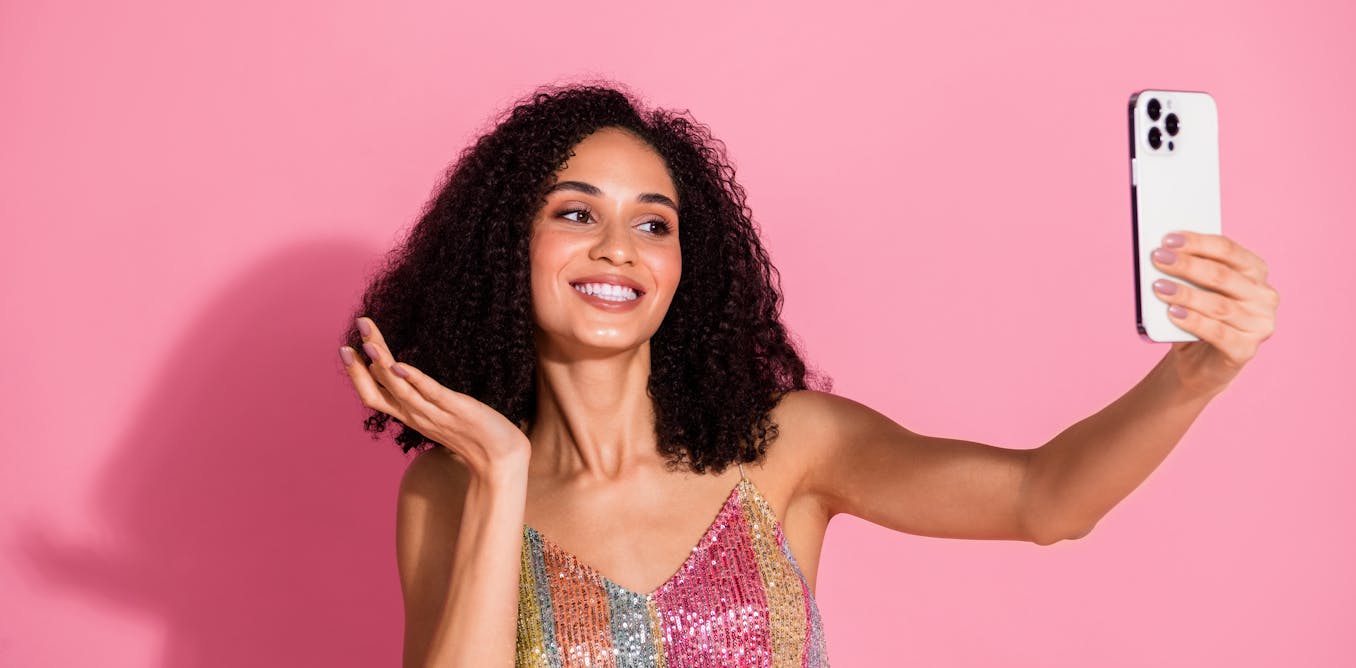Instagram has announced it will be removing beauty filters – but the damage is done
The End of Beauty Filters? Not Quite
Meta has announced that third-party augmented reality (AR) filters will no longer be available on its apps as of January 2025. This means more than two million user-made filters offered across WhatsApp, Facebook, and Instagram will disappear. Filters have become a mainstay feature on Instagram, with the most viral ones often involving beautifying the user’s appearance.
Why Remove Filters?
Meta rarely volunteers information about technologies and business practices beyond what is absolutely necessary. In this case, Meta has previously demonstrated it is unmotivated by user harm, even when its own leaked internal research indicates the use of Instagram and filters contributes to worse mental health for young women. So, why wait until now to remove a popular (but controversial) technology?
Prioritizing Investments
Meta states it intends to "prioritize investments in other company priorities". Most likely, AR filters are yet another casualty of the artificial intelligence (AI) boom. In April, Meta pledged to invest between $35–40 billion in the technology, and is pulling AR technology in-house.
Filters Won’t Disappear Altogether
Filters will not be going away altogether on Instagram. First-party filters created by Meta will continue to be available. The offering of filters available on Instagram’s official account (140 at present) is insignificant compared to the library of millions of filters created by third-parties. Instagram’s official filters also offer less diverse types of AR experiences, and its account does not feature any beautifying filters.
The Damage is Done
The removal of third-party filters will see these types of sophisticated and realistic beautifying filters gone from Meta platforms. However, this is hardly cause for celebration. When analyzing the media coverage of the first filter ban, we found users were upset with surgery filters being removed and intended to find ways to access them regardless. Now, after having access to AR filters on Instagram for seven years, users are even more habituated to their presence.
Watermarking and Photo Literacy
When posting with a filter on Instagram, a watermark that links to the filter and its creator appears on the image. This watermark is important to assist users in determining whether someone’s appearance is altered or not. By removing popular beauty filters from Instagram, this "covert" practice will become the default way for users to post with these filters on the platform.
Forcing Users into Covert Filter Use
Forcing users into covert filter use adds another thorn to the already prickly case of visual literacy. Young women and girls feel inadequate compared to edited and filtered images online (including their own). Some newer TikTok filters, such as the viral "Bold Glamour" filter, use AI technology (AI-AR) which merges the user’s face with the beauty filter, trained on a database of "ideal" images.
Conclusion
While the removal of beautifying filters at a more pivotal time may have been meaningful, the genie is out of the bottle. By Instagram removing its already hugely popular beautifying filters now (and the watermarking that goes along with it), the problems associated with filter use on Instagram will not go away, but simply become harder to manage.
FAQs
Q: Why is Meta removing beauty filters?
A: Meta is prioritizing investments in other company priorities, likely due to the artificial intelligence (AI) boom and its plan to invest between $35–40 billion in the technology.
Q: Will filters be completely removed from Instagram?
A: No, first-party filters created by Meta will continue to be available. However, the vast majority of filters created by third-parties will disappear.
Q: What will happen to users who rely on filters?
A: Users will likely find ways to access filters, possibly by using other platforms or developing their own. This will lead to a proliferation of covert filter use, making it harder for users to determine whether someone’s appearance is altered or not.
Recommended Products:
-

Codeage Multi Collagen Melatonin Magnesium Protein Beauty Night Complex Capsules, 5-HTP, L-Theanine, Supplement Vitamins – Hydrolyzed Collagen Pills – Hair, Skin, Nails, Joints, Sleep – 150 Count
$39.99 Buy Now -

Topical Magnesium Spray with Aloe & Organic Glycerin – All Natural – USP Grade Magnesium – Large 8 Fl Oz Bottle with Mist Cap – Made in USA
$12.99 Buy Now -

BioTrust Multi Collagen Protein Powder + Keto MCT Oil – 5 Collagen Types Plus 100% Pure Caprylic Acid C8 – Support Elevated Ketones, Metabolism, Joints & Beauty All in 1 Collagen Powder (Unflavored)
$28.00 Buy Now



